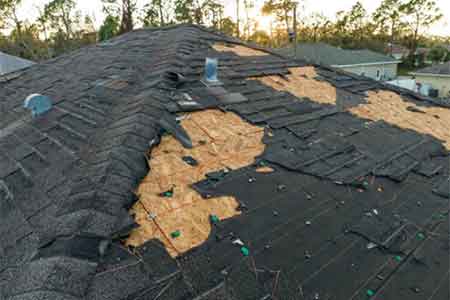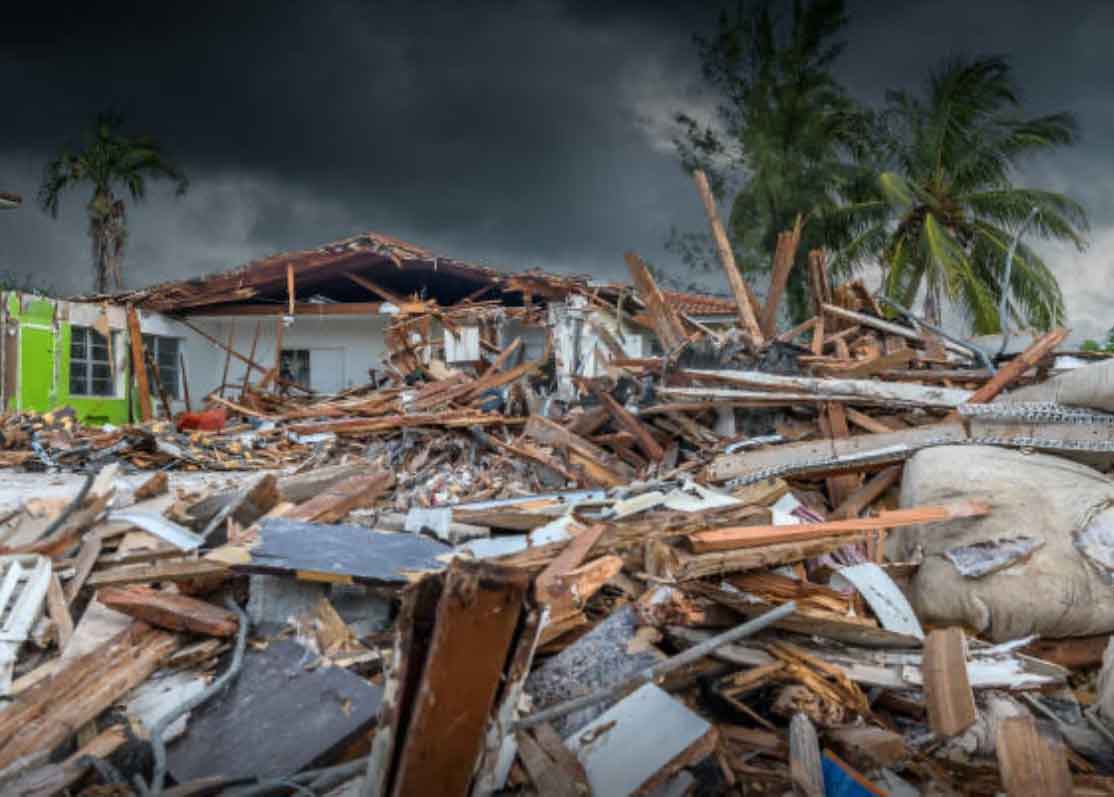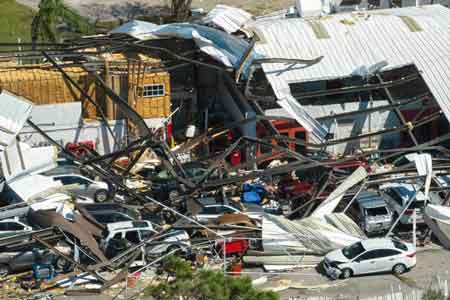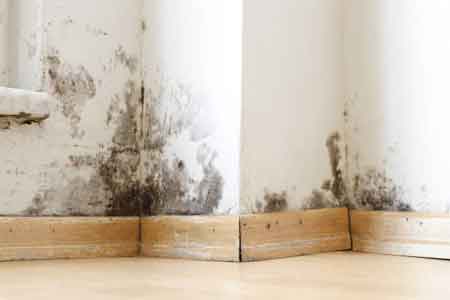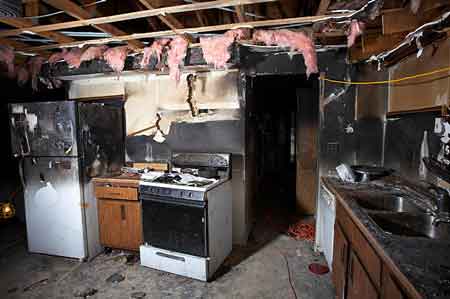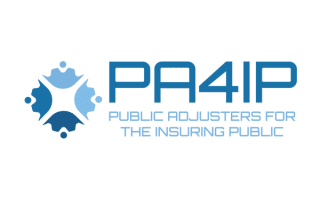
Damage caused by water or flooding can have a devastating impact if not re-mediated properly and efficiently. We will act quickly to make sure the drying process happens immediately
EXPERIENCED WATER DAMAGE EXPERTS
Water damage can lead to more serious long-term damage. Let the experts review your claim to ensure you don’t have surprises in the future.
If you have plumbing leaks and flooding, acting quickly to minimize water damage and ensure safety is crucial.
This guide will help you get through the incident and get your life back to normal.
Immediate Actions
- Ensure Safety: Electrical Safety: Turn off the electricity in the affected area at the circuit breaker to avoid electrical hazards. Do not enter standing water if the power is still on. Personal Safety: Avoid contaminated water, especially from a sewer line. Wear protective gear like gloves and boots.
- Stop the Water Source: Shut Off the Main Water Supply. Locate and turn off the main water valve to stop the water flow. The main water valve is usually found near your water meter or where the main water line enters your home. Turn Off Individual Valves: If you identify the specific source of the leak, turn off the valve to that fixture (e.g., under the sink, behind the toilet).
Mitigate Damage
- Remove Excess Water: Use buckets, mops, and towels to remove as much water as possible. A wet/dry vacuum can be helpful for larger volumes of water. Place a tarp or bucket under the leak to catch any dripping water.
- Protect Belongings: Move furniture, electronics, and other valuables to a dry area. Use aluminum foil or wood blocks to raise furniture off wet floors.
- Ventilate the Area: Open windows and doors to help dry out the space. Use fans and dehumidifiers to accelerate the drying process.
Contact Professionals
- Call a Plumber: Contact a licensed plumber to inspect and repair the plumbing leak. They can identify the source of the problem and ensure it is properly fixed.
- Contact Your Insurance Company: Notify your home insurance provider about the flooding and water damage. They will guide you through the claims process and may provide recommendations for water damage restoration services.
- Call Water Damage Restoration Services: If your home has experienced significant flooding, contact a professional water damage restoration company. They have the equipment and expertise to thoroughly dry out your home, prevent mold growth, and restore damaged areas. In cases like this, you should contact us as well.
Document the Damage
Take Photos and Videos: Document the extent of the damage for insurance purposes. Take detailed photos and videos of the affected areas, including damaged belongings and structural components.
Follow Up Actions
- Schedule Repairs: Work with your plumber and restoration company to complete the necessary repairs. Ensure all work is done according to local building codes and standards.
- Monitor for Mold: Look for signs of mold growth in the weeks following the flood. Mold can develop quickly in moist environments, so act soon if you notice musty odors or visible mold.
- Review Your Insurance Policy: Understand your coverage, including any deductibles and exclusions. Ensure all documentation is submitted to your insurance company for the claim.
Preventive Measures
- Regular Maintenance: Inspect your plumbing system regularly for signs of wear and tear. Fix minor leaks promptly to prevent significant issues.
- Install Preventive Devices: Consider installing water leak detectors and automatic shut-off valves to catch leaks early and minimize damage.
- Improve Drainage: Ensure your home’s drainage systems (e.g., gutters, downspouts) are functioning correctly to direct water away from your foundation.
By following these steps, you can effectively manage plumbing leaks and flooding, minimize damage, and ensure your home is properly restored.
Wind can affect a home, ranging from minor annoyances to significant structural damage. These effects can depend on factors such as wind speed, duration, the design and condition of the home, and local geography.
When damage occurs to your home, the first call you should make depends on the nature and severity of the damage. Below, you'll find a general guideline to help you through the incident.
Damage caused by water or flooding can have a devastating impact if not re-mediated properly and efficiently. We will act quickly to make sure the drying process happens immediately
Even a minor storm can cause massive and expensive damage to a building or home, from wind to hail to water. Florida Claims Pro Adjusters will help you with your storm damage claim when the storm passes.
Mold is ubiquitous, and mold spores are a common component of household and workplace dust. In large amounts they can lead to mold health issues to humans, potentially causing allergic reactions and respiratory diseases.
Fire and smoke damage can wreak havoc on a structure; even a small fire can cause significant damage. Hiring Florida Claims Pros to assist with a fire and smoke damage insurance claim can significantly enhance the claims process and increase the likelihood of receiving a fair settlement. We can help speed up the recovery process and reduce the stress.

